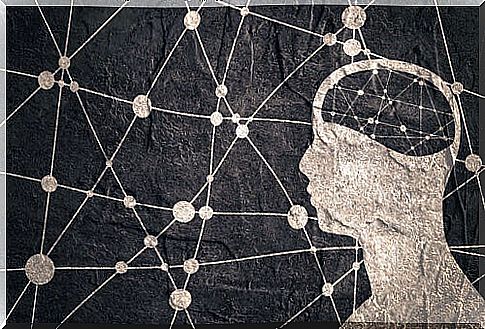Statistics In Psychology: Why Is It Useful?

Psychology students sooner or later have to take the statistics exam. They thought they had finally said goodbye to numbers, instead they find themselves studying this disturbing subject. What is the use of statistics in psychology ? Why is it useful for the psychologist or for those interested in psychology?
Those who attend the faculty of psychology will have to take exams such as “Research foundations”, “Data analysis”, “Research methodology”, “Psychometry” and the like. These are subjects that have a common denominator, statistics in psychology , and which are generally not very popular with students of this faculty.
In this article we will try to answer the questions about statistics that many students ask themselves, addressing the theme of psychology as a science and the usefulness of statistics in this area.
Research and methodology in psychology
Psychology is a science. All conclusions in this field derive (or should derive) from the application of a comprehensive and reliable system called the scientific method. This method is based on the progressive accumulation of evidence through different mathematical resources.

Psychology is a very broad discipline with applications in different fields: clinical, educational, sports, social, business, etc. At the base of everything, however, there is research, that is the confirmation of the effectiveness of the procedures that are then put into practice. Research requires the use of statistics. In drawing truthful conclusions about observable reality, mathematics is needed to validate the significance of the results obtained through experiments and study.
If statistics did not exist in psychology, we would not be able to know if the observed results are valid and reliable. A correct methodology and mathematical study, on the other hand, give security to the research, which is useful when we want to apply the data to real situations.
Psychology is a science, and for this it must make use of an abstract system that allows it to work far from the realm of subjectivity. This system is the scientific method and one of its essential aspects is statistics. For this reason, it is important for psychologists to study statistics and understand the rudiments.
The utility of statistics in psychology
Many may think that there is no immediate use of statistics in psychology. However, any student will realize, in the course of their university career, that they need such a mathematical resource to understand psychology in depth.
Let’s talk about data, statistical surveys and related studies, with validity coefficients and the therapy used in reliability testing, with mathematical models of cognitive processes, etc.
For obvious reasons, if you want to dedicate yourself to research in psychology (or more simply to research that is published beyond disclosure), know that methodology and statistics are essential to validate the weight of the conclusions you have reached. You will be able to see to what extent the process used by the researchers proves useful and appropriate or how reliable the results obtained are.

Clinical psychology, like the other fields of application, requires continuous training, which means that one must always keep up with the progress and changes related to the discipline in question. To know and interpret the conclusions of academic psychology, a basis of statistics and methodology is required. Any psychologist has a duty to know the basics of statistics and data analysis.
Statistics in psychology is a subject that can make students feel pressured. However, it is highly rewarding and useful to know how to use statistical resources, so we invite all psychology students to devote themselves enthusiastically to the study of methodology and data analysis.









